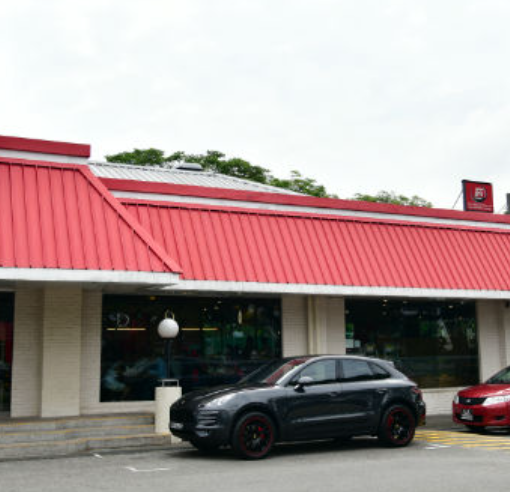Are you aware that Singapore’s economy had a difficult year in 2024? As the city-state was under strain from rising expenses, international political unrest, and immigration concerns. It is evident that navigating the road ahead will require a careful balance of social harmony and economic priority as the administration attempts to solve these issues. We’ll examine the main concerns affecting Singapore in 2024 as well as potential future developments in this blog post.
Rising Cost of Living: How Inflation Is Impacting Daily Life in Singapore
In 2024, the rising cost of living will be one of the main issues facing Singaporeans. A recurring problem has been inflation, as seen by the consumer price index (CPI) peaking at 6.1% in 2022. Although it is anticipated that inflation will slow to 2.2% in 2025 and 3.0% in 2024, there has been a noticeable impact on day-to-day living.
One area of particular worry has been housing expenses, as the government predicts growth of between 1% and 3% in 2024. On January 1, 2024, the goods and services tax (GST) also went up from 8% to 9%, which further put strain on household budgets.
Foreign Interference: The Role of Global Politics in Singapore’s Domestic Landscape
Singapore is susceptible to the effects of international political unrest due to its open economy and advantageous position. The administration has had to negotiate a challenging geopolitical environment in 2024, with growing Middle East conflicts and continuous hostilities between the US and China.
IMF warned that “an intensification of geopolitical and trade conflicts could dampen business sentiments and add to production costs, which could weigh on global trade and growth.” As a result, these tensions have had a direct impact on Singapore’s economy. In response, the government has expanded its trade partnerships and fortified its diplomatic links, but there is still a chance that foreign meddling in internal matters could occur.
Immigration Tensions: Balancing Economic Needs with Social Harmony
In recent years, conflict has arisen from Singapore’s reliance on foreign labour due to worries about social integration and job displacement. The government had to strike a compromise in 2024 between the demand for immigrant labour due to the economy and the need to preserve social peace and local jobs.
In response, the government has tightened regulations on overseas workers and increased funding for Singaporeans to receive skill development[8]. With the expansion of the Skillsfuture program, there are now more chances for upskilling and lifetime learning.
The social effects of immigration are still a worry, though, as some Singaporeans believe that the flood of foreign labourers is a threat to their way of life. The government has expressed awareness of these issues and promised to take action by enacting new laws and launching public awareness efforts.
Government Measures: Tackling Inflation and Protecting Citizens
The Singaporean government is tackling the nation’s economic problems head-on in 2024 with a proactive strategy. The IMF notes that “monetary policy should remain tight until inflationary pressures firmly recede,” highlighting the Monetary Authority of Singapore’s (MAS) continued stance of strict monetary policy to fight inflation.”
In order to assist disadvantaged individuals and companies, the government has also put in place targeted fiscal measures. There are provisions for social and economic development in the FY2024 budget; according to the IMF, “the broadly neutral fiscal stance implied by the FY2024 budget, with targeted support provided to vulnerable households and firms, is appropriate and expected to complement the tight monetary policy stance towards achieving price stability.”


